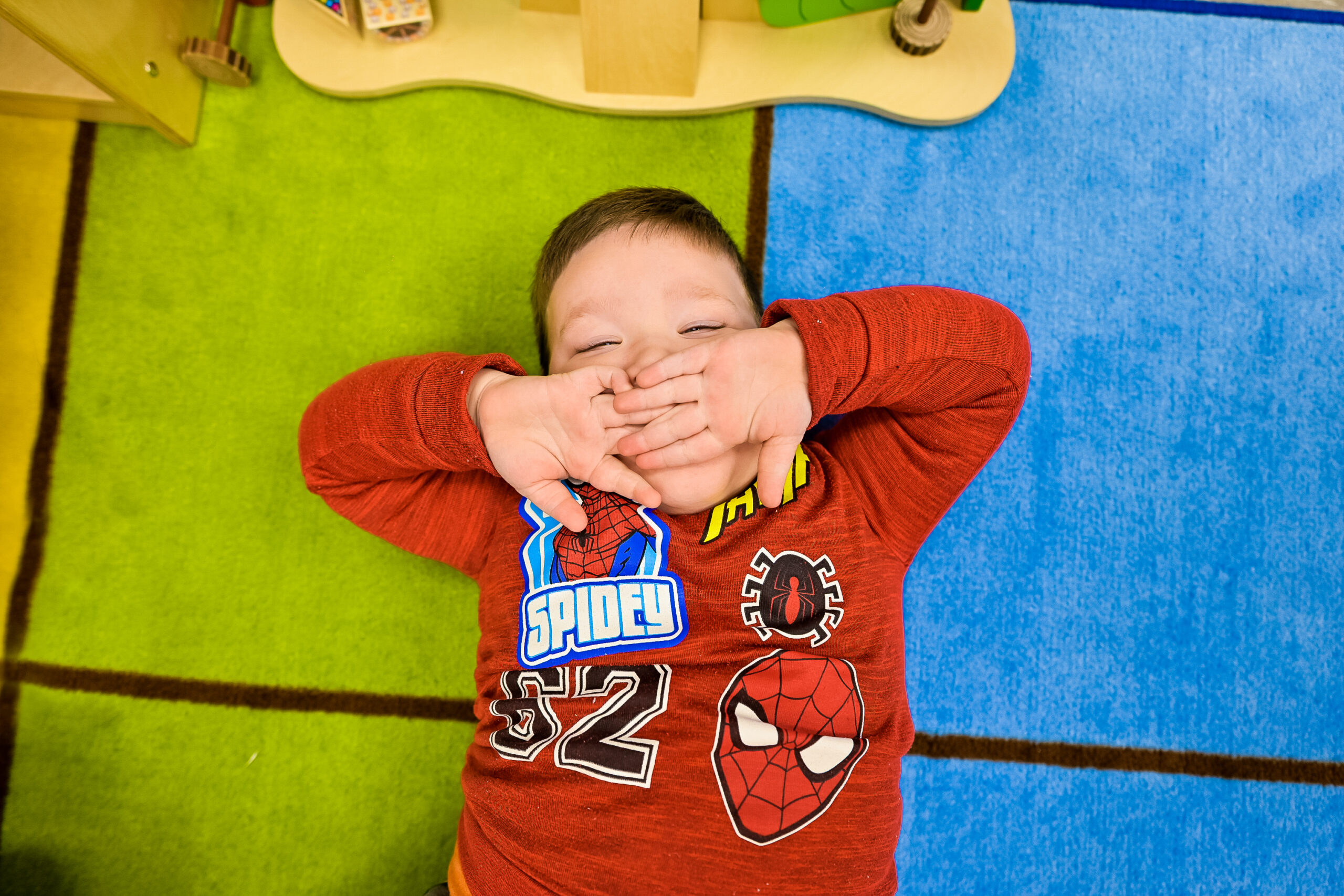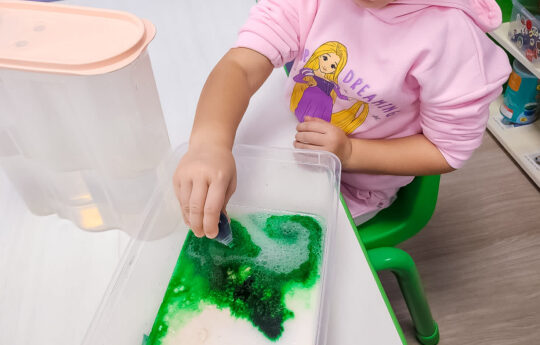
Studies show that routines for children help them grasp the passage of time or keep their attention focused for a long time. This means that in order to anticipate changes in their lives, children are guided by the presence of routines and regular family rules. Parenting experts all agree that instituting a daily routine for a child helps them get accustomed to habitual behavior.
Routines for children are repetitive activities that help develop a sense of stability and anticipation. Stability, in turn, is one of the most important components of a child’s development. Some families like the idea of structured home life with a lot of predictability, but others do better with a more flexible lifestyle. Regardless, there are certain things, such as brushing teeth in the morning, having a meal, and getting ready for bedtime, that happen every day, which are the most useful daily events to create a structure around.
Benefits of routines for children
The repetitiveness of performing the same tasks everyday at the same time soothes the child and develops a sense of security within them that their key needs are being met. This security, in turn, will give children the confidence to develop their own routines later in life and help them cope with their day-to-day activities. Establishing a daily routine also makes a child more independent since they will perform rudimentary tasks like washing their hands before eating or picking up their toys without being told.
On top of that, routines for children play a significant role in their health. A child’s body adapts to certain biorhythms. It adjusts to regular eating and sleeping times, and, as a result, their major bodily functions and other systems all work in concert. Upsetting a child’s routine can lead to mood swings, and also lead to illness, which is why it is important to maintain their routine to create a stable and healthy environment for their growth and development.
Dividing activities evenly between different days of the week will help stave off fatigue and boredom and help keep children engaged and more responsive in their activities.
Overall, kids who are accustomed to a precise daily routine are cheerful and well-balanced, and less prone to throwing tantrums, which goes a long way in maintaining a calm and peaceful household.
Benefits of routines for parents
Some parents may say that with the birth of a child in the family, their entire lifestyle is turned upside down. Having a child is a life-changing event that most parents welcome with joy and happiness. Some new parents, however, may stubbornly try to keep their schedule as it was before ignoring the necessity to change and adapt, especially when it comes to instituting rules for the child. In order to sustain healthy relationships within the family and raise a happy child, parents must learn to center themselves around their child and implement a new routine in their life.
Helping your kids form a daily routine by example will bring you closer together and make for a great bonding exercise. It is important to remember that children learn by example, so they will be more willing to follow their routine if they see you doing the same.
Moreover, establishing a set routine for your kids also helps you organize your own time and lets you do the things you enjoy doing as well. . Routines can help reduce the feeling of uncertainty and the constant stress of figuring out how to keep your child busy and entertained. So you and your child can enjoy your time together.
Ideas for daily routines for toddlers and preschoolers
Here are a few suggestions to help you establish a daily routine for your child. Keep in mind that these are broad guidelines and can be adjusted according to your child’s individual needs.
A toddler’s daily routine should consist of:
- a usual wake-up time in the morning;
- set play and quiet times;
- regular meal and snack times ;
- time spent outdoors (walks, going to the park, playground);
- nap times;
- a set bedtime (including a goodnight kiss).
An example schedule for preschoolers obviously involves more complex activities and can include the following:
- fixed wake up time in the morning, getting dressed and ready for the day;
- fixed breakfast time;
- then games and developing activities to improve motor skills, widen attention span, better listening skills, and more (including walks outdoors and playtime with other kids);
- healthy snacks;
- lunchtime;
- then more games and enriching activities till fixed dinner time;
- getting ready for sleep;
- bedtime stories and a goodnight kiss.
Of course, every child’s routine is different and there is no need for such strict rules for the child. Parents can allow for minor deviations in their child’s routine without upsetting their development or behavior.


